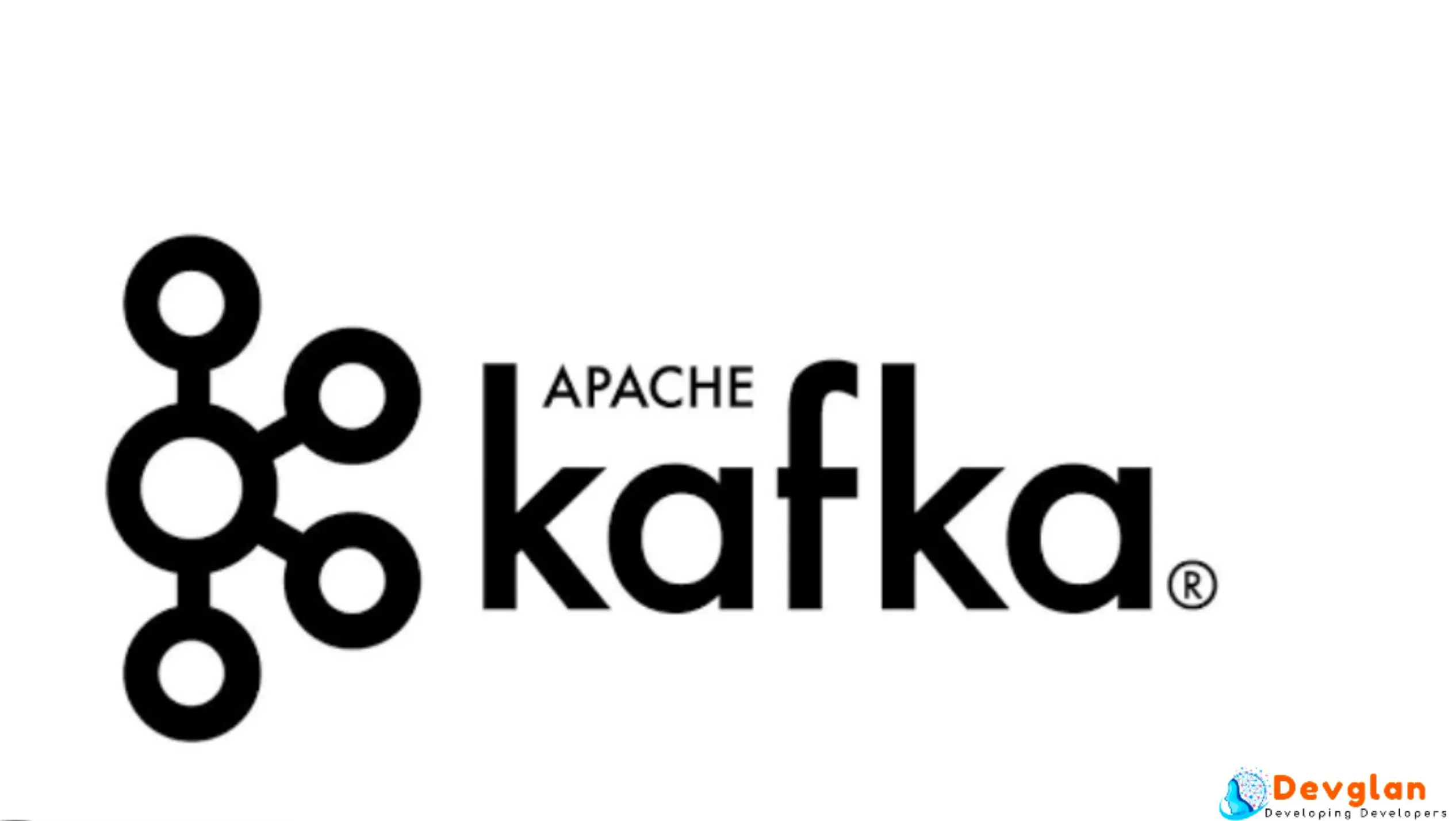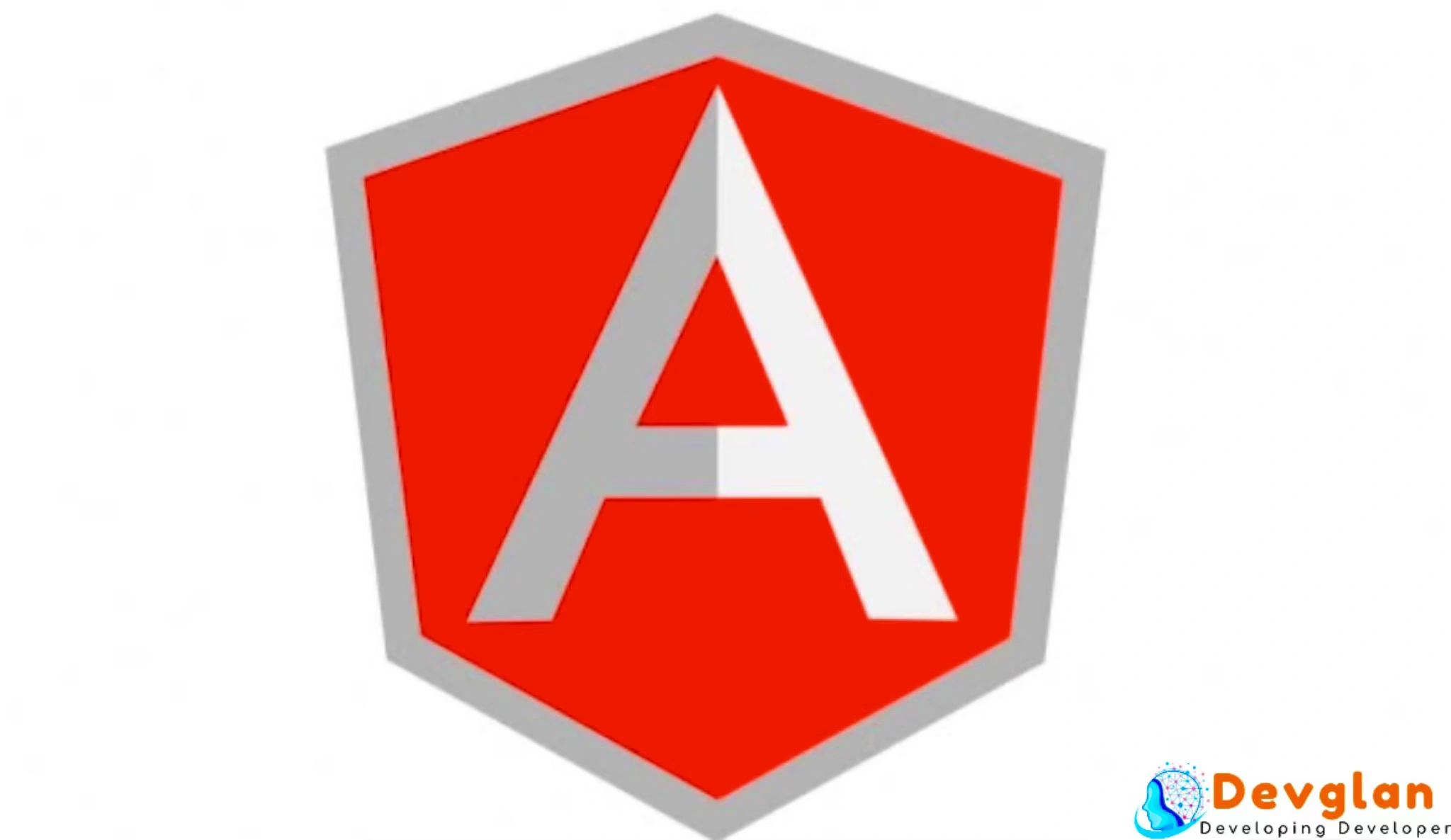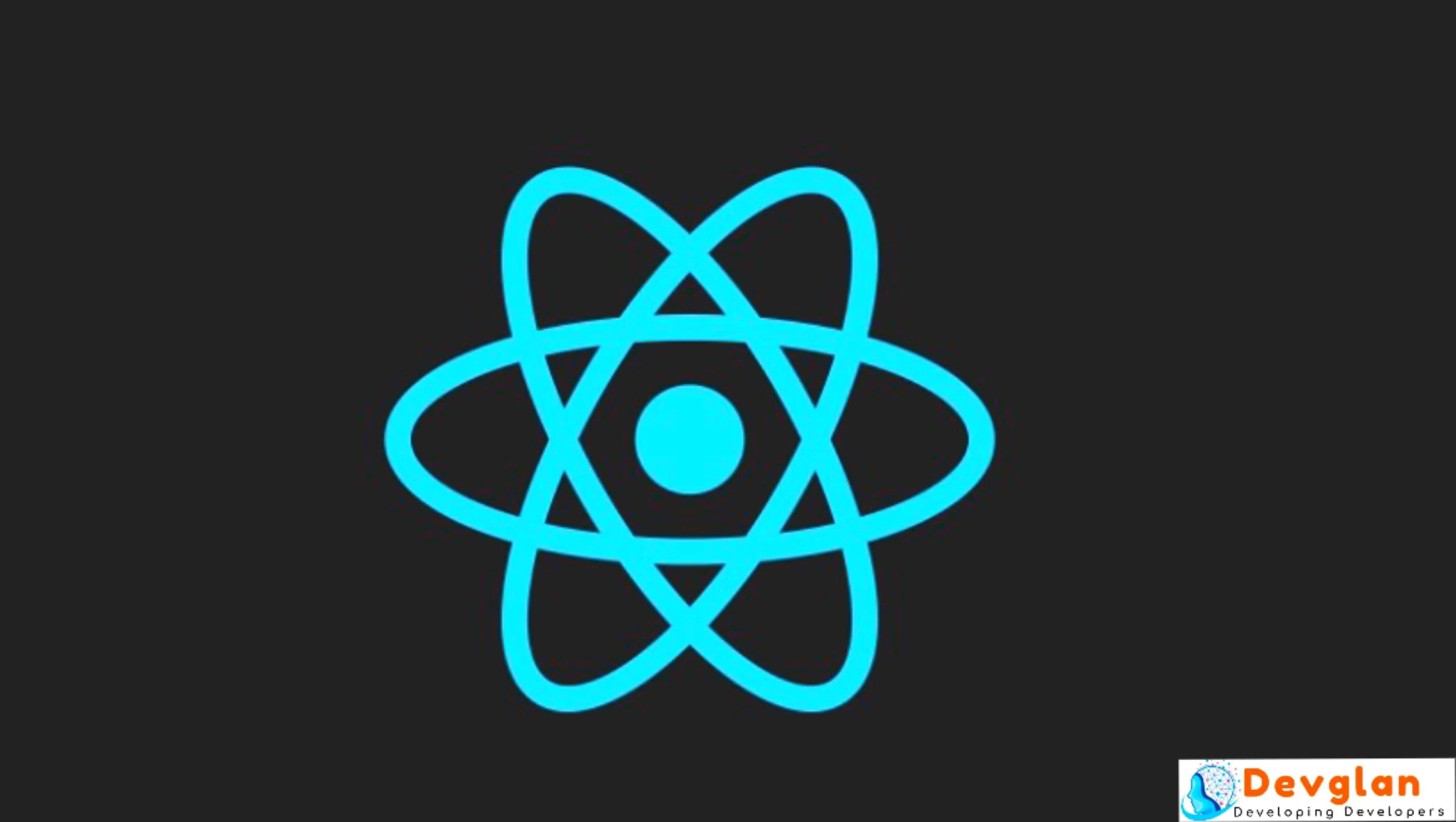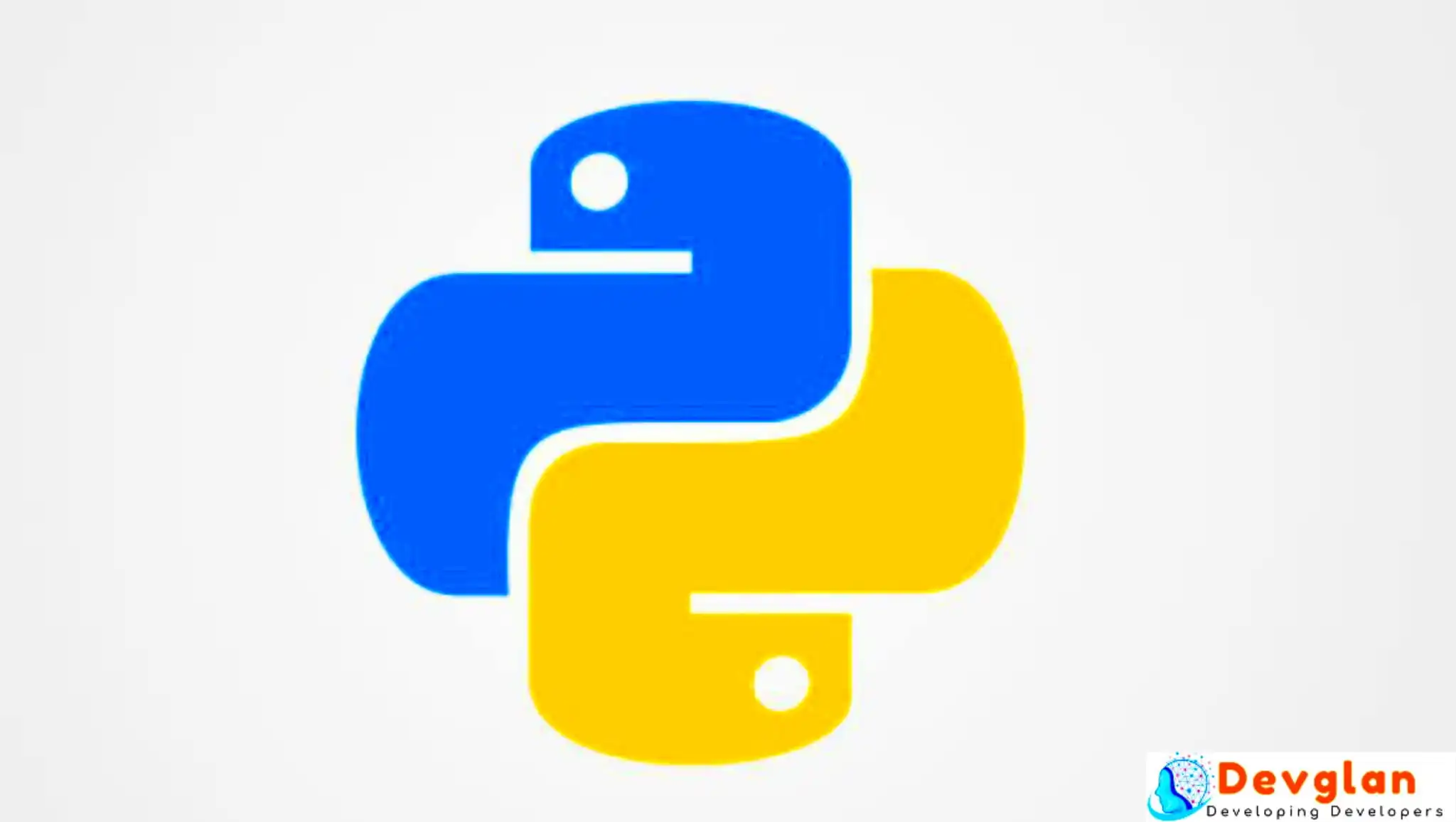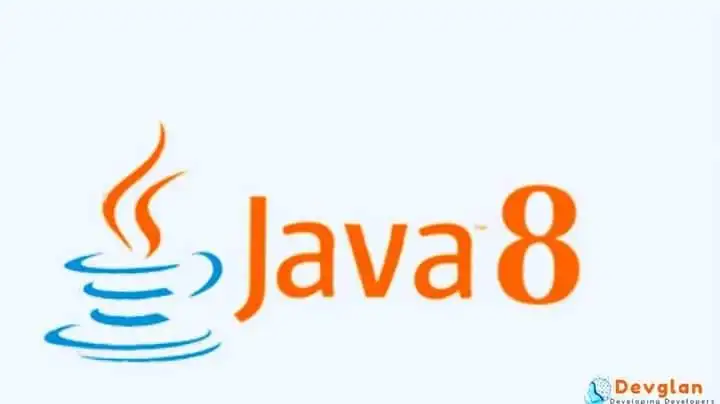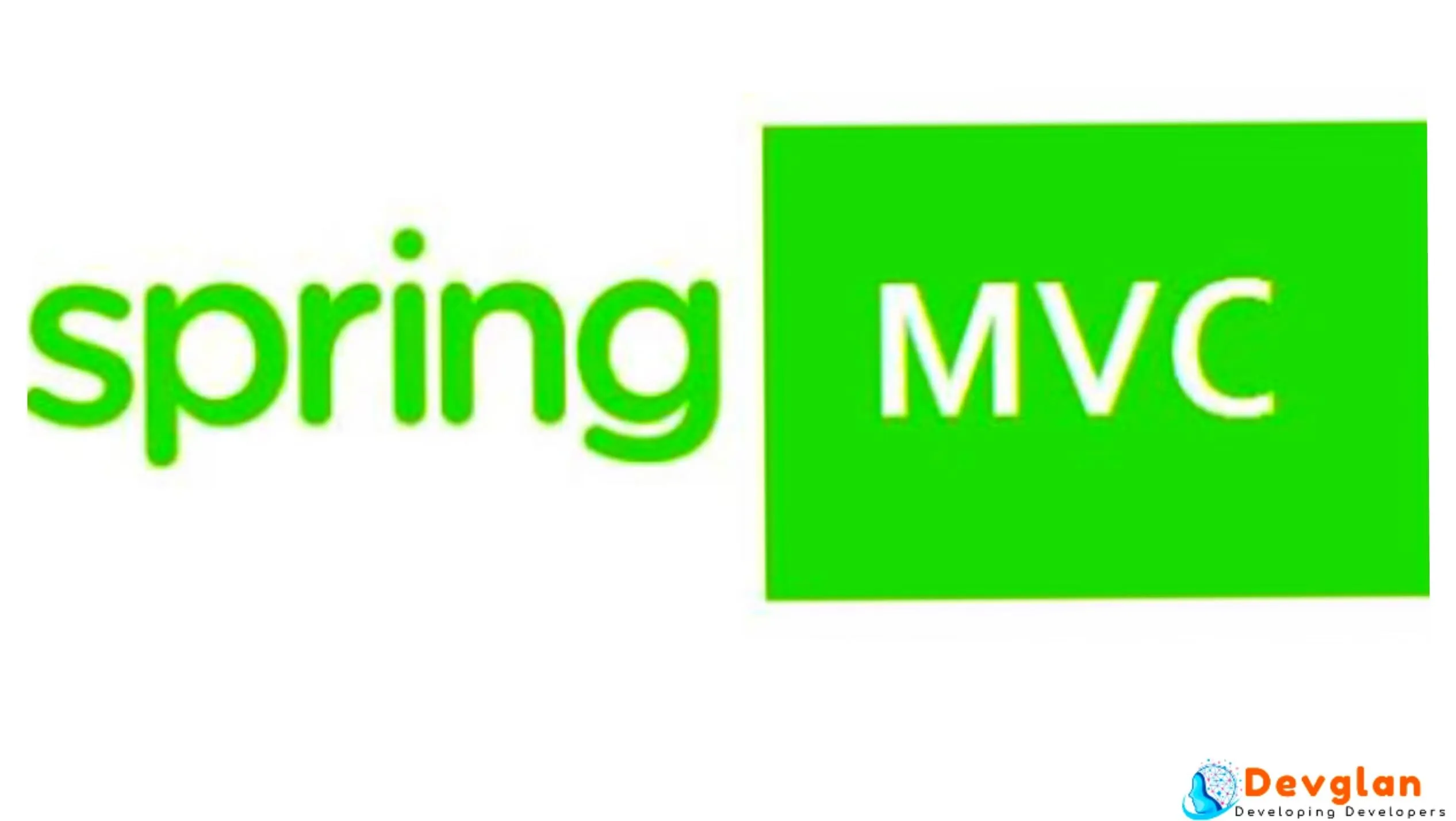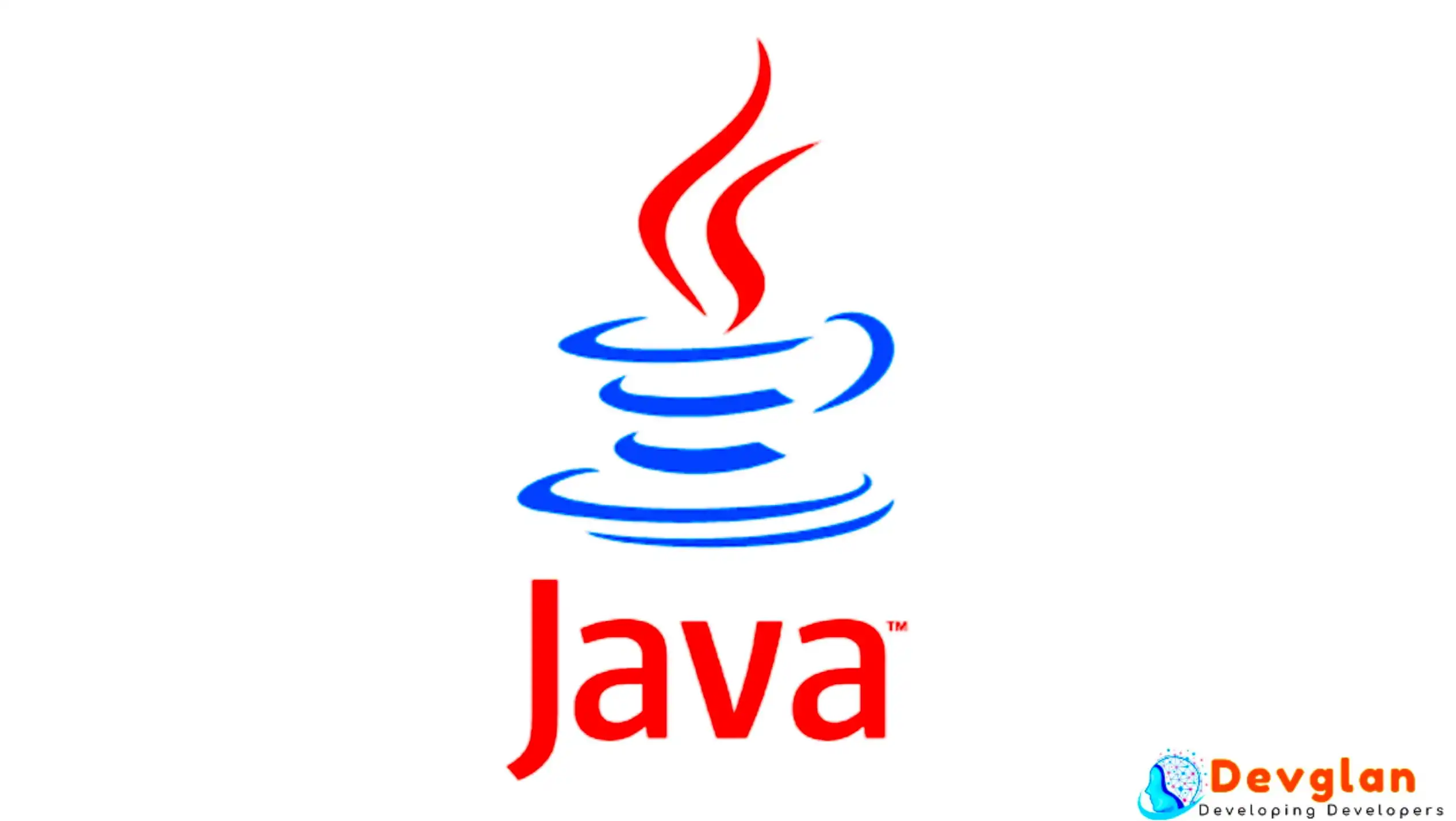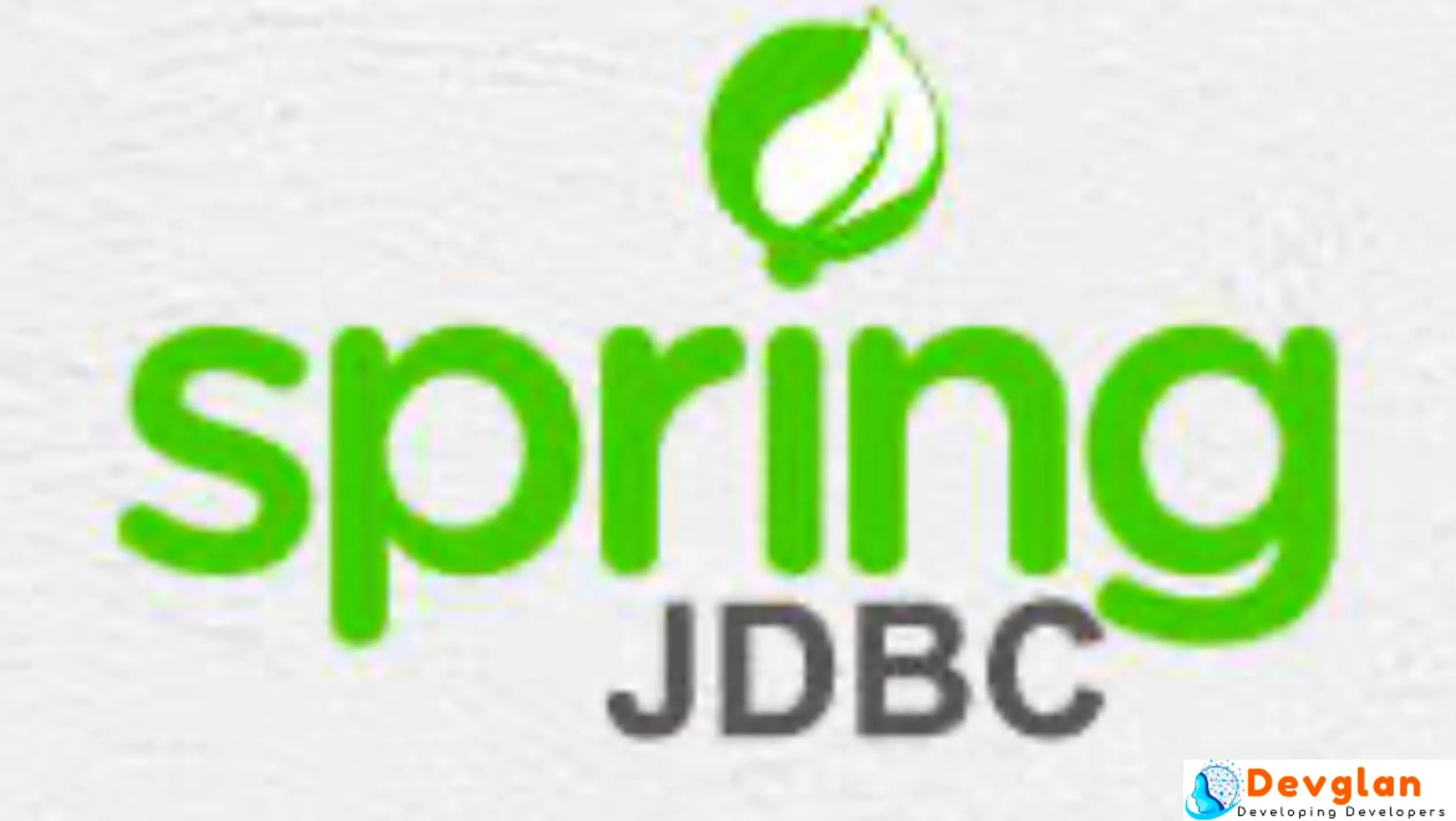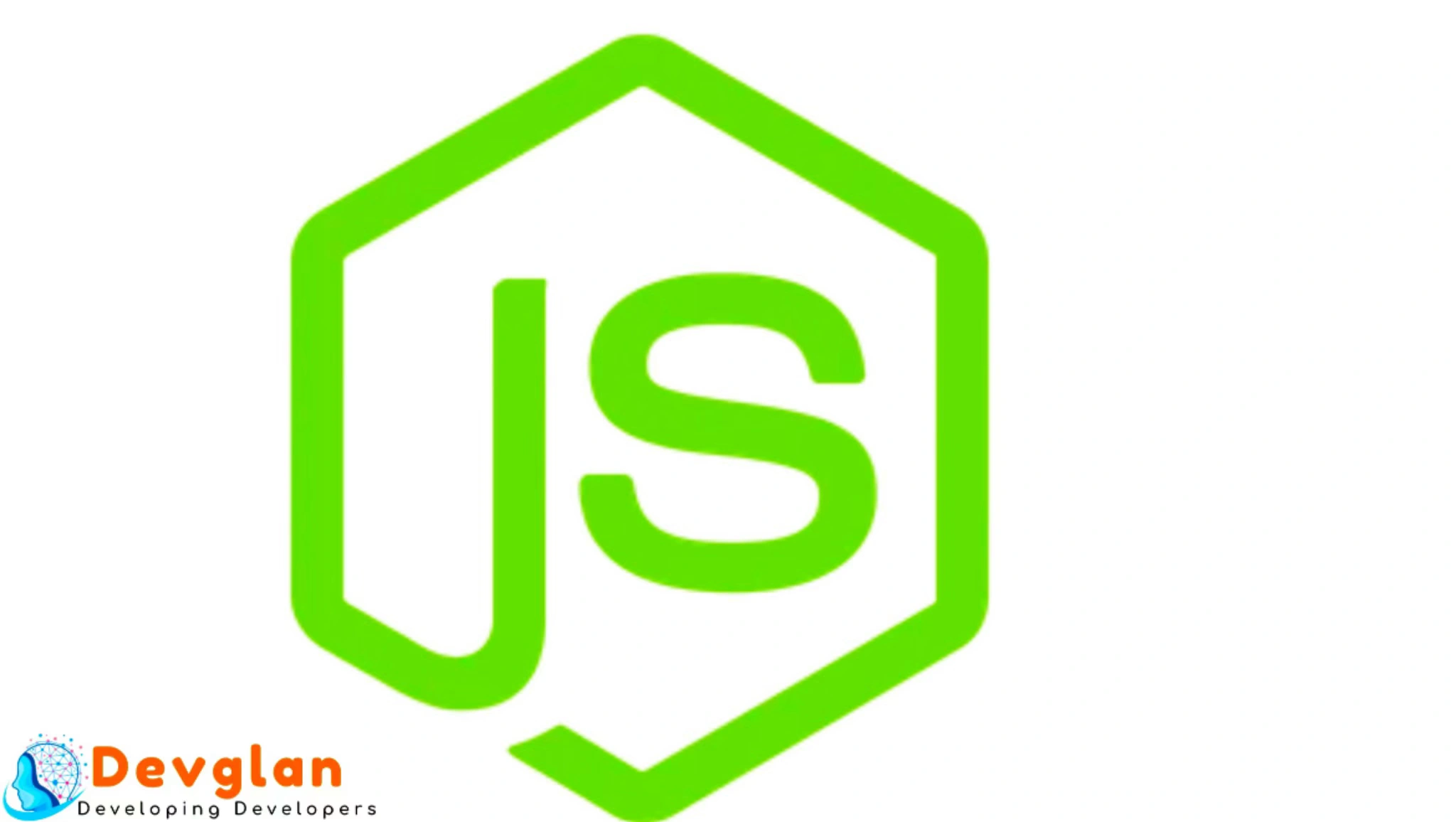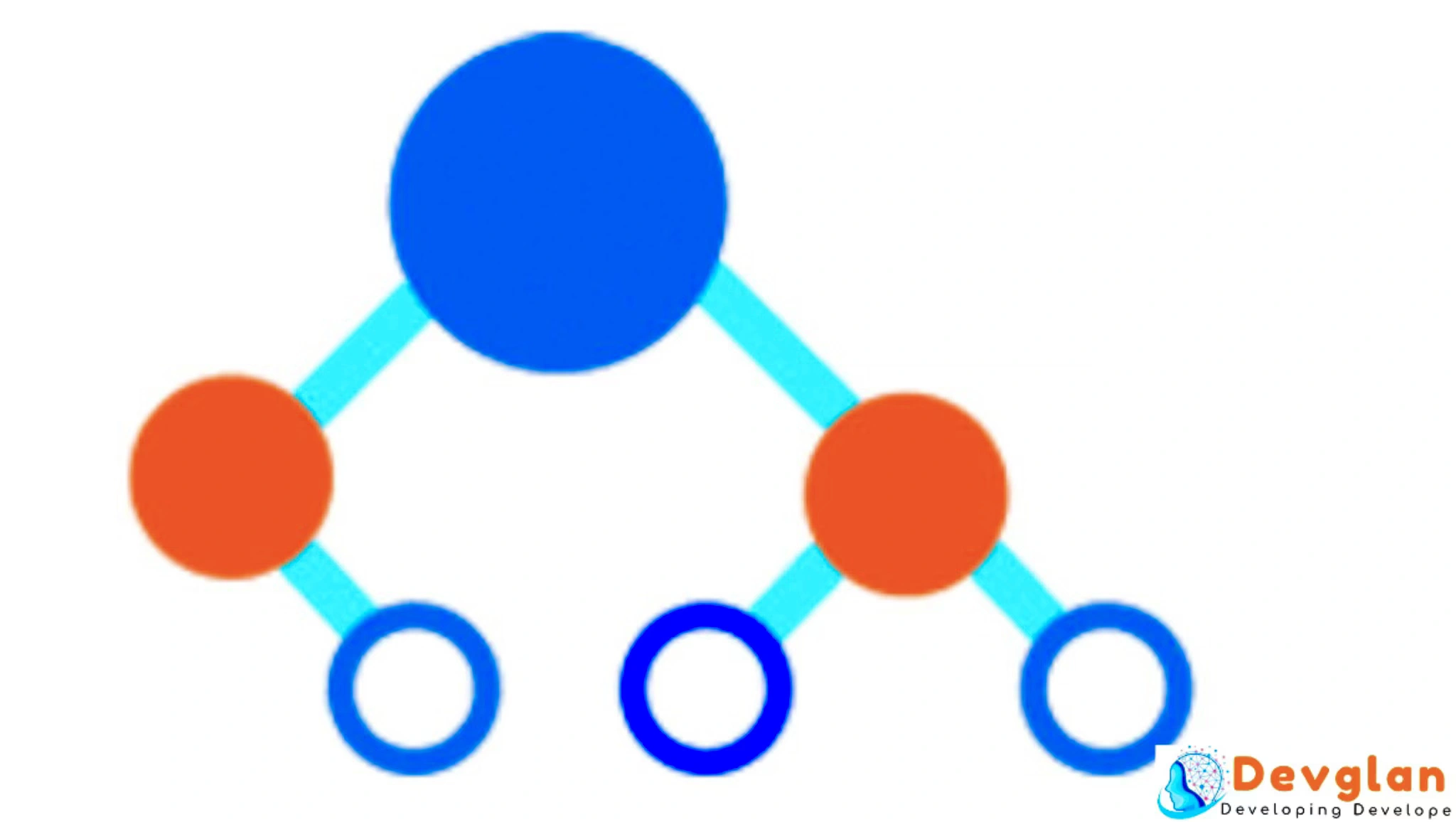In the programming world, the life of a circle starts with creation, applications, popularity, degradation and then extinction. While in some cases of language, the process is quite fast, especially if the language is not at all adaptable but we know exceptions are always there. There are some languages which are old enough but still going strong. And to know which language will grow and which will vanish is a crucial issue for the developers. It’s obvious that it affects the pocket as well.
As the technology is evolving so is the programming and with advancements, new languages come and fade with time. And if you really want to be the part and successful too, in the market then you really need to stay up-to-date, learn, enhance your skills in the programming languages. There are multiple courses available over the Internet like Data science, Artificial intelligence course through which you can keep yourself updated. With the help of, course the learner will learn about the leading programming languages like Python and R in the ML, AI, data analytics, deep learning domain. With the help of the course, you will learn, prepare with best practices to move ahead in the lucrative career path.
Here, I’m including the languages according to the current trend which might not disappear but sooner will if not improvised:
Perl
At some point, the impacts of Perl was so powerful that it seems to be everlasting in the market. Some of the biggest websites built on the Perl such as Slashdot, Craigslist. Also, used for developing prototypes, small programs, and wrapper functions. Even it was so well that it was in the top 10 TIOBE list. But, it was also the language which has faced the serious fall. Well, we all have heard the introductory speech of Larry Wall in 2000, in which he committed work is started on Perl 6. But since that, we haven’t heard any progress about that and is considered as inactive development. Thus, we can say the momentum it had during the period is now frittered away.
Meanwhile, there were smaller updates keep coming up to continue the Perl 5. Some of the experts think that Python is the reason behind the decline of Perl. Even the Perl community wasn’t able to attract and make an impact as Python on the beginners.
R
The R language has faced the downfall according to the TIOBE index, from 15th place to 18th place in past 12 months. It is just because there is a strong competitor of R is present in the market for data analysis. And it’s none other than Python. Python, which made its presence by its powerful and useful way for data analysis.
The same situation which has happened to other languages is now happening with R language. In its early stage, it got a lift because of the subject matter experts and the loyal specialists. But later, the followers drifted and thought that another program can also be used.
Although, the beginners might choose the general-purpose language as it will be easier for them to understand and work on it rather than on more specialised language. Therefore,there’s the possibility that it won’t disappear completely. But the chances get reduced in case Python becomes the choice of data analysts then the user would be less.
Objective-C
Objective-C is almost a three-decade-old programming language which was kept alive by the iOS. But now it is facing the downturn because, in the year 2014, Apple introduced Swift. The features like advanced, better and easy to use syntax made Swift superior in comparison to the Obj-C. On the other hand, the Obj-C is quite complex, tough to create that is why many programmers and developers are choosing other languages.
Apple was the only supporter of the language but that too wants to change the framework and the programming infrastructure. Definitely, the language is going slowly towards the disinclination.
COBOL
As the technology is growing up, the industries are getting more dependent on the Cloud computing. But maybe you won’t believe in our words because for a COBOL programmer, the number of opportunities are more and many institutions are working on COBOL codebase. Yes, if the company is based on COBOL it will surely give you the best incentive in the industry.
Despite that, it is obvious the language will decline sooner or later. The companies will surely replace their tech-stacks with advanced technologies such as cloud computing if they want to remain in the game. So, if you are taking COBOL for the long-run then you are wrong and you need to brush-up your programming language.
.Net
The story behind the creation and destruction is interesting. In the year 1991, Alan Cooper, a visual programming designer sold the programming language “BASIC” to Microsoft. During that time, Bill Gates was admired by the simplicity and generated a soft corner for the new designer and asked him to transform the name from “BASIC” to “BASICS”. And in the 90s, it got the other name i.e Visual Basic which involves the objects and the other techniques.
Later, the creation of C# changed the entire scenario. It may have taken some time to adopt but sooner people were loving it. Although, as per TIOBE index the Visual Basic is slipped from its place over the past one year. Well, the decline is not much shocking. It is a really old language yet, one of the popular language. Recently, Microsoft refused to support the Visual Basic anymore. Rather than, start preferring Visual Basic.Net for long-run which is an object-oriented language and will be continuously used in Window Apps.
Wrapping Up
However, there are still many followers of these programming languages. In future, the new languages will take over them and the older ones will fade out completely. So, get yourself up-to-date and enjoy the new programming languages.



